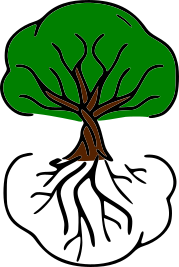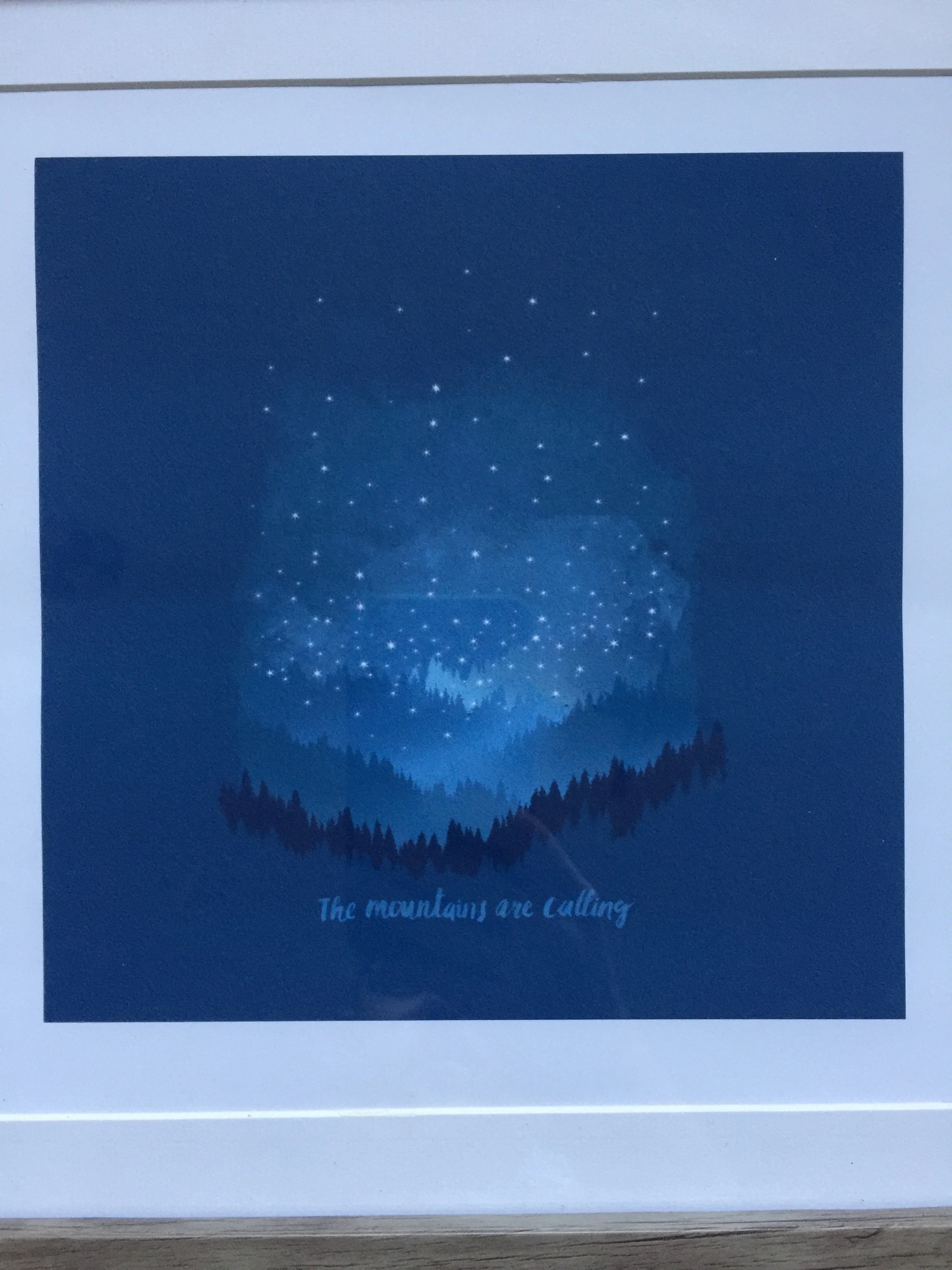On the last day of our ten day hike through the North Cascades, we decided to finish with a sunrise. Our last night on the trail we made sure to set everything up clearly so when we went to pack it in the morning, nothing would be misplaced.
Waking up at 3am, we walked slowly through the forest, up the mountain, and ascended just as the sun was rising. As much as this sounds like a fairy tale, we also could have been in significant danger. Yes, there are the usual risks such as dehydration or twisting an ankle, but we were also in mountain lion territory. As a corpuscular hunter, we were walking at the exact time they love to hunt. To mitigate being a cat’s meal, we made sure to always be within eyesight of one another as well as talk (or sing) loudly.





